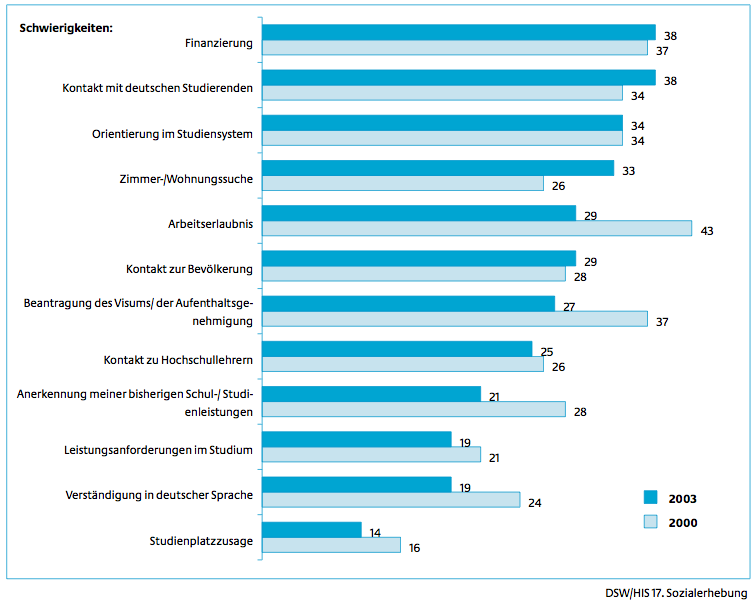The European court of Justice (Europäischen Gerichtshof (EuGH)) has ruled that German Embassies will no longer be allowed to deny visas to applicants who have applied to a German University and gotten an approval letter to join the University.
The story revolves around the story of a Tunisian, Ben Alaya, born in Germany in 1989 before returning to Tunisia in 1995. After his Abitur in 2010, he enrolled at the University of Tunis while still applying for admission to a German University.
His applications to the University of Dortmund were accepted and he got the admission letter. However, he couldn’t start his studies because the embassy kept denying him a visa. According to the Embassy, they doubted his motivation to come to Germany, his schools grades were too low, his German wasn’t good enough and his career plans didn’t match his intended field of study.
Alaya, appealed to the Verwaltungsgericht Berlin. The judge in Berlin on the other hand decided to call in the EuGH, to find out if the Embassy was violating the EU directives.
The ruling from the EuGH: “Student visas should be granted to third-state nationals, if they meet the necessary conditions and pose no threat to the security or health of the public”. According to the judges in Luxembourg, the EU directive aims to encourage students to migrate to the EU. However, what the embassy did runs against this directive.
The ruling has been welcomed by both politicians and student bodies in Germany. The Grüne politicians, Volker Beck and Kai Gehring said, “Whether an applicant fulfils the requirements of joining a German university or not, should be left to the University to decide. Diplomatic missions and migration officials don’t have the expertise to make such evaluations, neither should they.”
“In too many cases, German missions abroad, refuse visas to eligible students and prospective students for incomprehensible reasons.”, the Bundesverband ausländischer Studierender added.







